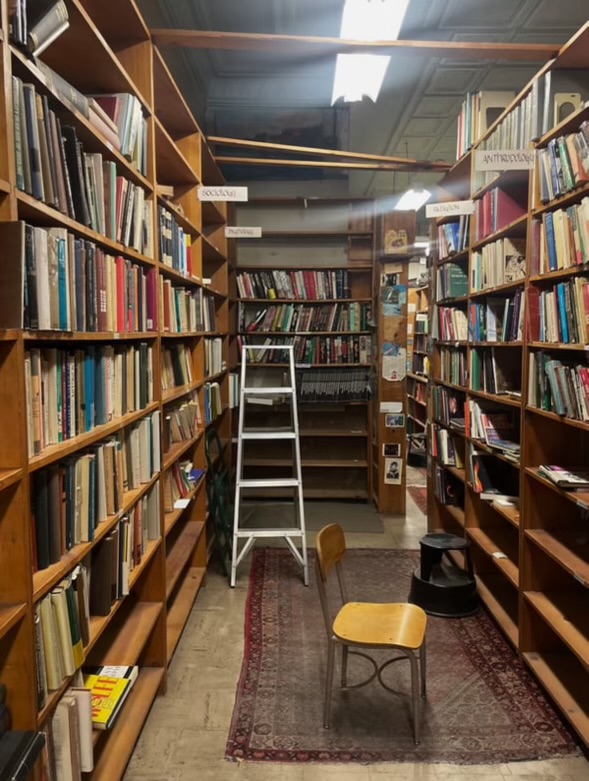Gov. Jim Doyle announced Tuesday Wisconsin has officially filed to join a lawsuit challenging the injunction banning federal funding for stem cell research.
“Families around the world are depending on the stem cell research conducted in Wisconsin to provide life saving medical breakthroughs,” Doyle said in a statement. “Today the state is moving forward to join as a friend of the court in efforts to secure federal funding and support stem cell businesses and researchers in Wisconsin.”
There are more than 600 bioscience companies, 11 stem cell companies and 34,000 jobs impacted by the stem cell injunction, according to the governor’s office.
Although Wisconsin is requesting to join the amicus brief, Republican Attorney General J. B. Van Hollen will not be participating in the lawsuit.
Van Hollen’s office maintains Doyle did not provide sufficient information needed by the DOJ to get involved in any lawsuit, regardless of politics.
“It would be irresponsible for this office to step into a complicated, highly-charged dispute without having all the facts and information we require,” Bill Cosh, a spokesperson for Van Hollen, said in a statement.
Doyle, a Democrat, has said his office gave the information to Van Hollen but they did not respond in time, so the governor appointed a pro bono special counsel for the case.
U.S. District Judge Royce Lamberth of the District of Columbia issued an injunction halting federal funding for stem cell research in August, basing his decision on an appropriations rider that prohibits funding for research that creates or kills embryonic stem cells.
President Barack Obama appealed the decision, but Lamberth denied his emergency motion to stay the injunction.
However, a federal appeals court ruled Sept. 29 federal funding can resume while Obama’s motion goes through the appeals process.
At the University of Wisconsin, stem cell research has resumed as usual, Tim Kamp, a professor at the UW Stem Cell and Regenerative Research Center, told The Badger Herald.
The injunction threatens funding for 22 grants at UW, two of which were scheduled to receive $400,000, according to Marsha Selzer, director of the Waisman Center, at a press conference Sept. 7.













